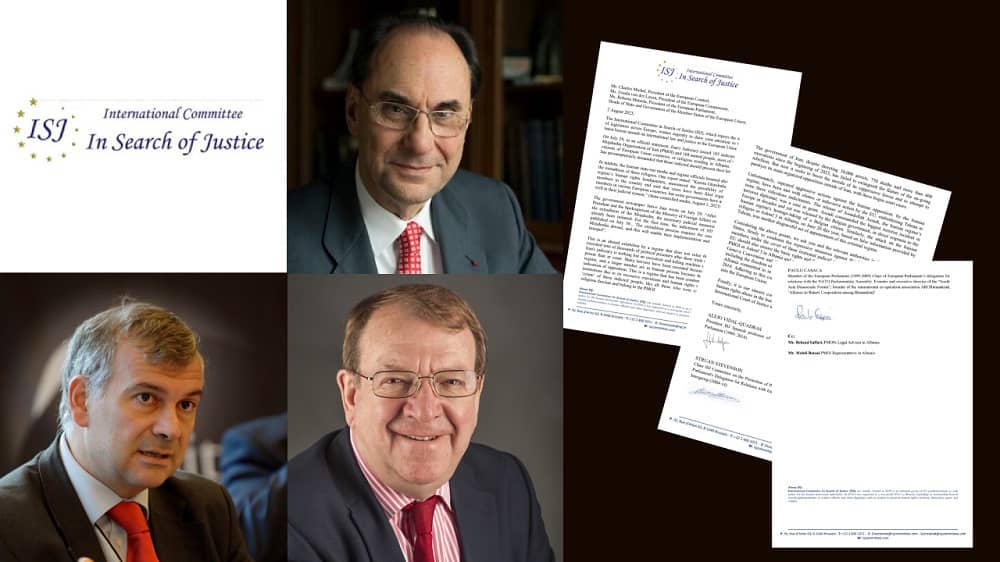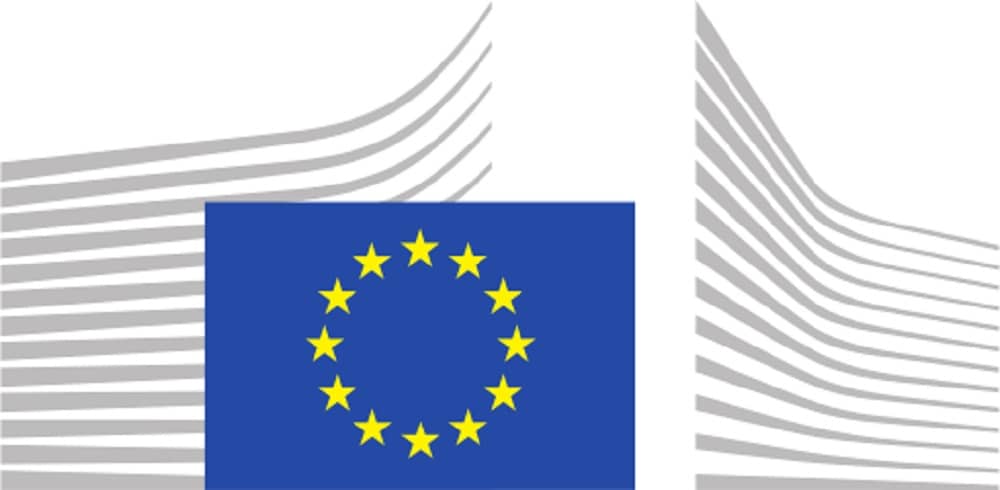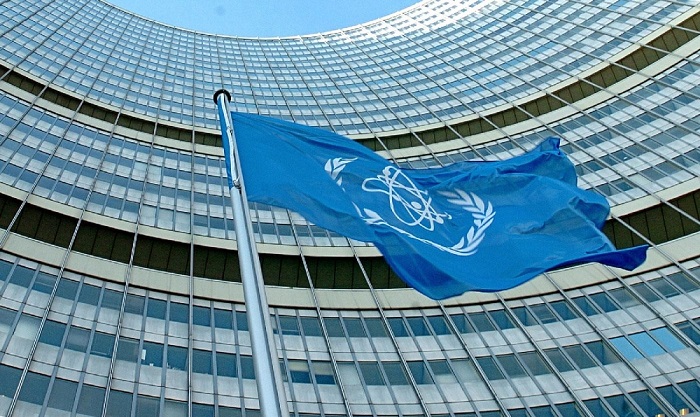
Vidal-Quadras argued that the EU’s failure to officially blacklist the IRGC allows it to continue its operations with a semblance of legitimacy.
The International Committee ‘In Search of Justice’ (ISJ) has formally called on the European Union to recognize Iran’s Islamic Revolutionary Guard Corps (IRGC) as a terrorist entity. This significant push underscores concerns over the IRGC’s alleged involvement in terrorism, support for extremist groups, and perpetration of human rights abuses.
The request was articulated in a detailed letter to Ursula von der Leyen, President of the European Commission. The ISJ criticized the current EU sanctions regimes as ineffective, pointing out that most listed individuals and entities connected to the IRGC have no direct ties with the EU, rendering the sanctions largely symbolic.
Alejo Vidal-Quadras, ISJ President and former Vice President of the European Parliament emphasized the gravity of the situation. “The IRGC has been a destabilizing force, sponsoring terrorism and fueling conflicts across the Middle East,” he stated.

ISJ Urges EU To Blacklist Iran’s Revolutionary Guards as Terrorists.
The letter also highlighted the IRGC’s role in regional conflicts and internal repression within Iran. According to the ISJ, the IRGC’s actions include involvement in Syria, Iraq, Lebanon, Gaza, and Yemen, through proxy groups like Hezbollah and Hamas. These activities have led to significant bloodshed and suffering.
Struan Stevenson, another signatory and former President of the European Parliament’s Delegation for Relations with Iraq, shared his perspective: “By designating the IRGC as a terrorist organization, the EU would send a clear message that it does not tolerate support for such destructive activities.”
In response to the petition, some EU officials have expressed cautious optimism about adopting a tougher stance, but note the complexity of such a designation given the geopolitical implications. “Designating the IRGC as a terrorist organization requires careful consideration of the potential repercussions, which include diplomatic and economic impacts,” an EU diplomat explained under condition of anonymity.

The ISJ’s plea aligns with previous sentiments expressed by the European Parliament in January of last year, where a near-unanimous majority advocated for the blacklisting of the IRGC.
The letter has resonated within various circles of the EU, with copies also sent to Charles Michel, President of the European Council, and Roberta Metsola, President of the European Parliament. It reflects a broader call within the EU for a more assertive policy against entities deemed a threat to regional and global security.
This move, as argued by advocates like Paulo Casaca, former Chair of the European Parliament’s Delegation for Relations with the NATO Parliamentary Assembly, is overdue. “Appeasing the Iranian regime has been a strategic and historic blunder,” Casaca remarked. As the EU contemplates this designation, the international community watches closely, aware of the significant political and security implications such a decision may hold.

MEK Iran (follow us on Twitter and Facebook), Maryam Rajavi’s on her site, Twitter & Facebook, NCRI (Twitter & Facebook), and People’s Mojahedin Organization of Iran – MEK IRAN – YouTu
